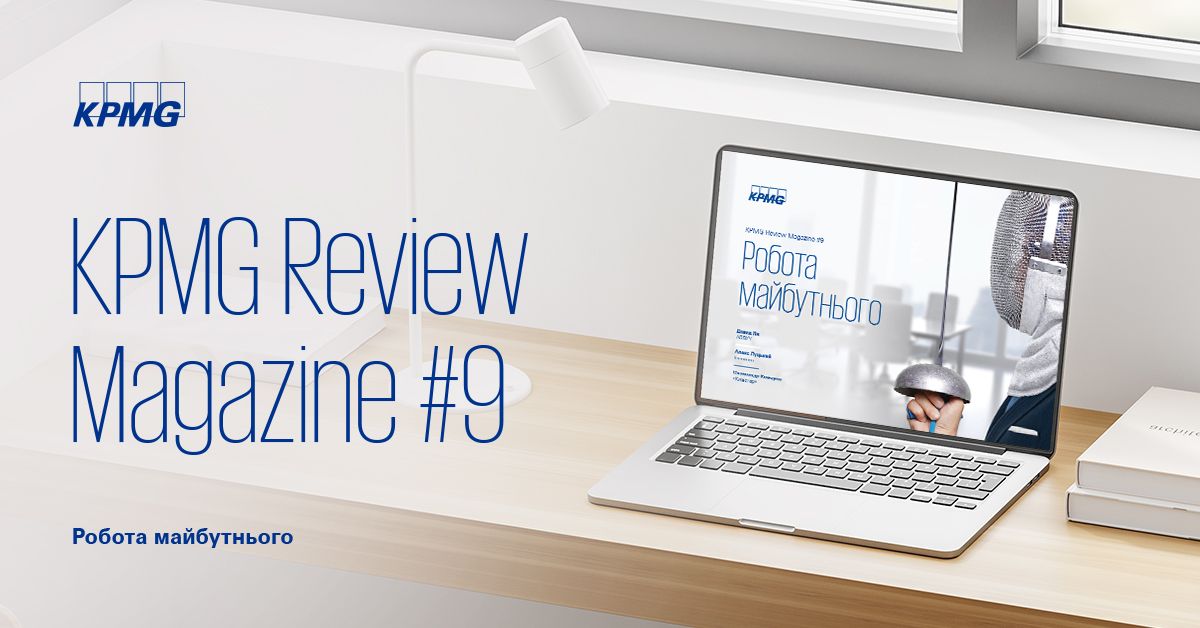COVID-19 has forced us to rethink management approaches and the role of talent in the future of business. 2020 is just a curtain-raiser to these changes. Increasingly major transformations are expected in the next 4 years.
In 2020, it took us only a few weeks to implement fundamental changes that had been projected to take several years. As a result, the events of the passing year have fundamentally changed our understanding of likely career development scenarios, the skills that employees may need, different configurations that the workforce will experience in the future and how management approaches will change.
The restructuring of the economy, which has affected many countries as a result of the COVID-19 recession, the subsequent online consumer shift and exponentially advancing digitalisation have all resulted in a situation where the risk of talent shortage* tops the list of key business challenges. Previously, it ranked only eleventh in the list of global major threats to business.
CEOs expect staff and skills to change dramatically over the next two years. Business will require people capable of implementing digital technologies into companies, working with each other, with clients and with suppliers in a digital format, and creating added value. Some occupations will be gone, but new ones will appear instead. Are these impacts being felt today? Yes. Businesses are reducing staff as some of the previous functions are already no longer needed. At the same time, a lack of skills is already preventing companies from keeping pace with the speed of change.
This means that it is important for all of us to get used to the idea that a fundamental rethinking of the management system and restructuring of the HR function is an important factor for successfully overcoming the consequences of the COVID-19 pandemic and integrating into the new world.
Are we ready to rethink this? Are we able to move the HR function from the status of 'firefighter' to the level of strategic partner? Is talent management ready to take this proactive role? Do you know what skills your employees possess? Or what skills will they need in the near future? How does this match long-term or short-term business needs? Will the demand for these skills change over time? And are you ready to create a new culture that will ensure productivity, continuous development in the workplace and retention of talent?
Companies around the world are now dealing with these challenges. In this issue of KPMG Review Magazine, we are trying to find answers to them and sum up the results of one of the most unpredictable and unexpected years in business history. To that end, we are proud to present the views of some of the business leaders of major companies in Ukrainian.
*KPMG 2020 CEO Outlook: COVID-19 Special Edition
Download the ninth issue of KPMG Review Magazine "The future of work" (PDF 6 MB, pages 23-25)







